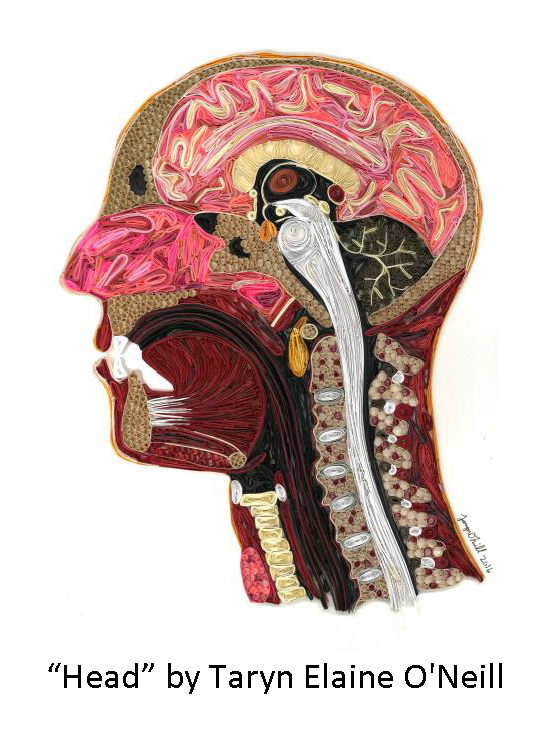“Disadvantaged patient populations”: A theory-informed education needs assessment in an urban teaching hospital
DOI:
https://doi.org/10.36834/cmej.52930Abstract
Recent calls in medical education and health care emphasize equitable care for disadvantaged patient populations (DPP), with education highlighted as a key mechanism to move toward this goal. However, in order to develop effective education strategies we must first better understand the DPP concept.
We conducted a theory-informed needs assessment to explore the concept of DPP as understood in our hospital. Using an interpretive qualitative approach informed by principles of critical discourse analysis we conducted focus groups with trainees and staff across professions and groups, as identified in the hospital’s strategic plan, representing “patients experiencing disadvantage.”
We identified three main perceptions about DPP: 1) disadvantaged patients require care above and beyond what is normal; 2) the system is to blame for failures in serving disadvantaged patients; and 3) labelling patients is problematic and stigmatizing. In response, patients wanted to be first seen as valuable human beings rather than as a burden or category. Patients appreciated that the DPP concept opened up better access to care, but also felt ‘othered’ by the concept. As a result, patients felt they were not accessing the same level of care in terms of compassion and respect.
Our findings suggest potential for three, theory-informed educational approaches to help improve care for patients experiencing disadvantage: 1) sharing authentic and varied stories; 2) fostering dialogue; and 3) aligning assessment approaches with educational approaches. Additionally, we suggest a need to define access beyond the ability to receive services; according to our participants, access must also engender a sense of common humanity and respect.
Downloads
Published
Issue
Section
License
Submission of an original manuscript to the Canadian Medical Education Journal will be taken to mean that it represents original work not previously published, that it is not being considered elsewhere for publication. If accepted for publication, it will be published online and it will not be published elsewhere in the same form, for commercial purposes, in any language, without the consent of the publisher.
Authors who publish in the Canadian Medical Education Journal agree to release their articles under the Creative Commons Attribution-Noncommercial-No Derivative Works 4.0 Canada Licence. This licence allows anyone to copy and distribute the article for non-commercial purposes provided that appropriate attribution is given. For details of the rights an author grants users of their work, please see the licence summary and the full licence.











